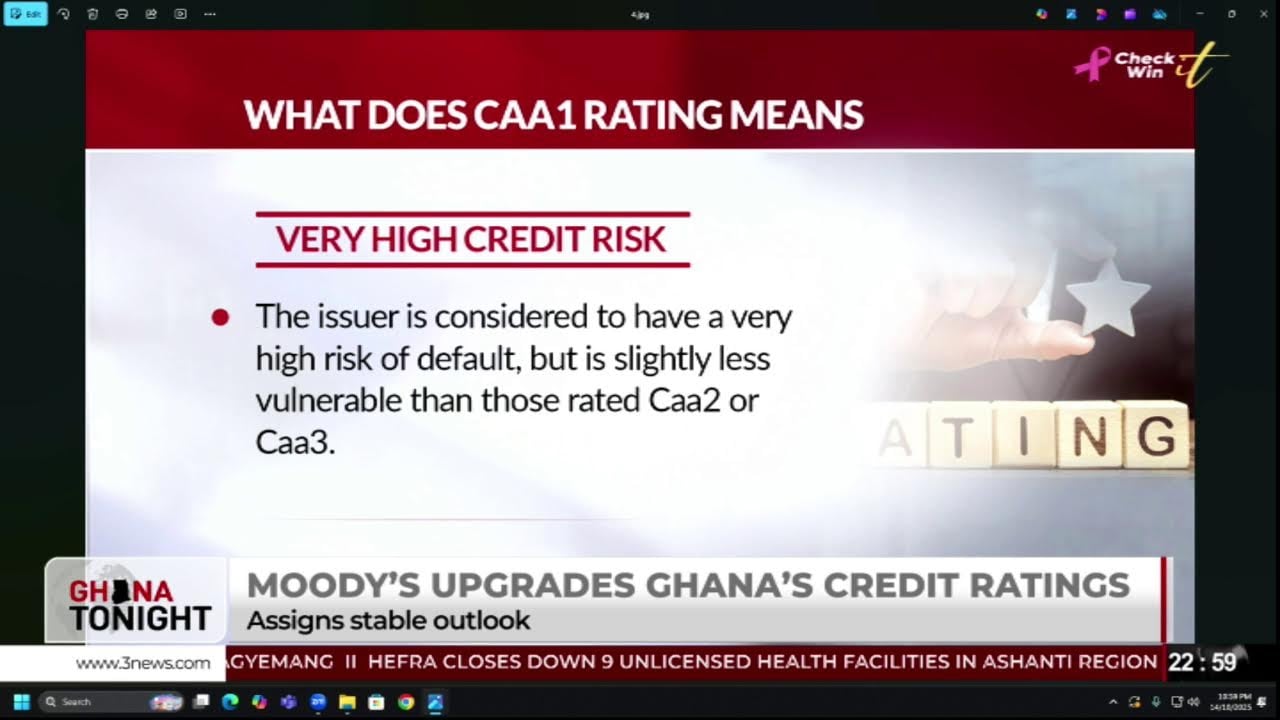
By Chester FIAMEGBE-SANI
In our daily lives, standards quietly shape everything around us from the food we eat, the clothes we wear, the water we drink, the roads we drive on, and even the technology we depend on. Whether we notice it or not, standards are the invisible backbone of safety, quality, and progress in society.
Why Standards Matter
Standards are the agreed guidelines that ensure products, services, and systems are safe, reliable, and consistent. They protect consumers from substandard goods, promote fair trade, and encourage innovation by providing a common framework for growth. For example, when a child’s toy is tested and certified safe, or when the electricity we use is stable and reliable, it is because of standards.
Standards also make life easier and safer. They ensure that a mobile charger made in China can work safely in Ghana that a bottle of drinking water meets hygienic requirements, and that buildings can withstand environmental stress. Without standards, our health, safety, and environment would be at constant risk.
The Role of the Ghana Standards Authority (GSA)
In Ghana, the Ghana Standards Authority (GSA) is the national body mandated to promote standardization, quality assurance, and metrology. Its work covers everything from product testing and certification to calibration of measuring instruments and inspection of goods at the ports.
GSA ensures that imported and locally manufactured products meet required safety and performance standards. It protects consumers, supports industries to improve product quality, and enhances Ghana’s competitiveness in international trade. The Authority also supports innovation by providing scientific data and technical expertise to industries and startups.
Partnerships for Quality and Progress
To achieve a strong and sustainable standards culture, partnership is key. That’s why government, private sector, educational institutions, and civil society must all collaborate with the GSA to promote and uphold standards in every sphere of life.
When organizations partner with the Ghana Standards Authority or other standards bodies across Africa and the world, they don’t just comply with regulations they position themselves for global competitiveness.
A company that aligns with standards gains trust, attracts investment, and builds consumer confidence. That’s why it is essential to work with the GSA or FDA when developing any product whether consumable or non-consumable. These institutions are mandated to certify, test, and calibrate products to ensure they meet the required safety and quality standards.
Standards and the Sustainable Development Goals (SDGs)
Standards are deeply connected to the United Nations Sustainable Development Goals (SDGs). They support goals such as good health and well-being (SDG 3), clean water and sanitation (SDG 6), affordable and clean energy (SDG 7), industry, innovation and infrastructure (SDG 9), and responsible consumption and production (SDG 12).
By applying standards, we reduce waste, promote environmental sustainability, and create fairer economic opportunities. This year’s World Standards Day theme, “Shared Vision for a Better World, Standards for the SDGs,” reminds us that achieving a sustainable future requires cooperation, commitment, and adherence to standards at every level of society.
Conclusion
As a Communication Expert and Trading Standards Inspector at the Ghana Standards Authority (GSA), I can confidently say that standards are far more than just technical documents they are powerful tools for transformation. Standards build trust, save lives, protect the environment, and promote innovation. For Ghana to thrive in the global economy, individuals, industries, and institutions must see standards not as an obligation, but as a shared responsibility.
As we celebrate World Standards Day, let’s remember: progress begins with standards and standards begin with us.
Chester is a Communication Strategist / Writer / Columnist / Photographer
Email: [email protected]
The post Why standards matter in everyday life appeared first on The Business & Financial Times.
Read Full Story


















Facebook
Twitter
Pinterest
Instagram
Google+
YouTube
LinkedIn
RSS